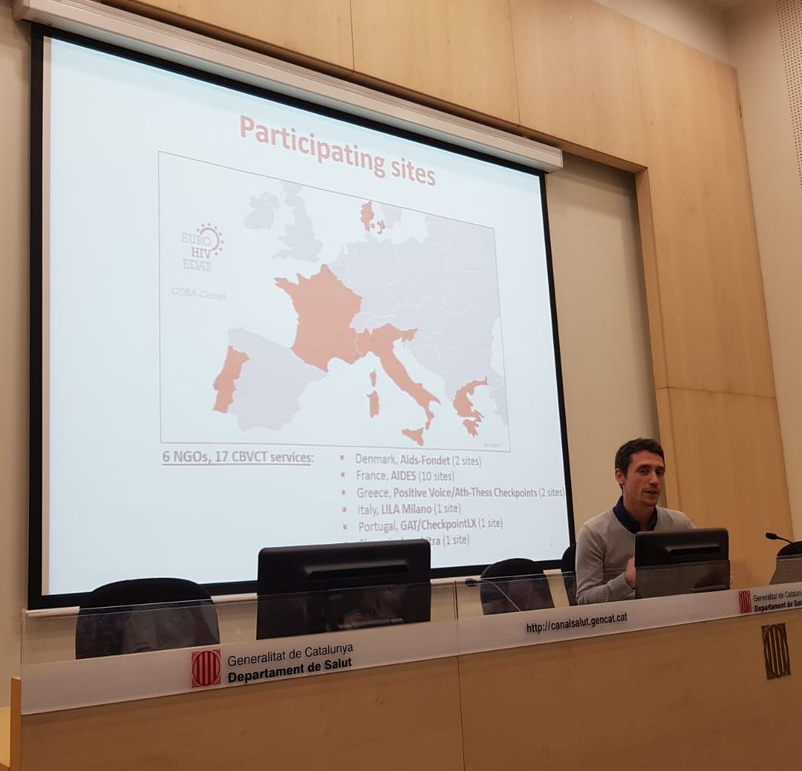
Read the full report here.
The first results of the COBA-Cohort, a project associated with the COBATEST Network, are now available online. The study is a cohort of HIV-negative men who have sex with men (MSM) tested for HIV in CBVCTs in six different countries. The partners (AIDES (France), AIDS Fondet (Denmark), Fondazione LILA Milano (Italy), GAT/CheckpointLX (Portugal), Legebitra (Slovenia) and Positive Voice/Athens-Thessaloniki Checkpoints (Greece)).
The COBA-Cohort finds that routine HIV testing is becoming normalised amongst men who have sex with men. Cohort participants most at-risk of HIV appear to be educated about the risks of HIV. This group are aware they are at higher risk, are more likely to know the HIV status of their partners and are more willing than other participants to potentially use PrEP in the future.
The data reported is based on a study period of between 15 and 24 months, depending on the study site. The cohort remains active so future publications will be based on a longer follow-up time and perhaps more participating CBVCTs. If your service offers HIV testing to MSM get in touch to find out more about how you can participate in the cohort.

